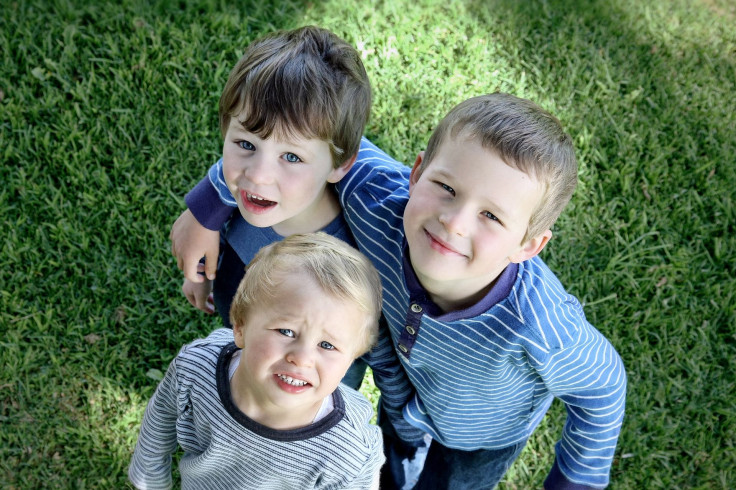Having An Elder Brother Slows Down Language Development In Later Siblings, Study Finds

It seems sensible to assume that children with an older sibling would develop their language ability faster than children without due to the stimulating linguistic environment. On the contrary, this was not the case as found in several studies: the acquisition of language in a child with an elder sibling is reported to be slower than a child who has none.
A study conducted by a research team from the CNRS, the AP-HP, the EHESS, the ENS, and the INSERM goes on to show that only having an elder brother affected the language learning ability of the younger sibling. This did not mean having an elder sister sped up the process, it just put the younger sibling’s language learning speed on par with an only child.
Over a thousand children were tracked from birth to the age of five and a half years in the mother-child cohort EDEN*. These children had their language skills evaluated at ages two, three and five and a half by tests measuring several aspects of language, such as vocabulary, syntax and verbal reasoning. On average, children with an older brother were two months slower in language development when compared with children with an elder sister.
Scientists proposed two theories to account for this. The first is that elders sisters were more willing to interact and talk with a younger sibling than elder brothers are, thus, making up for when their parents are busy. Alternatively, the theory is that elder sisters are less competitive when it comes to parental attention.
Despite not being able to separate these two theories, this study does show that early language development in a younger sibling tends to be slower when the elder is a boy. For their next project, the scientists want to examine the impact of culture (specifically geographical origin) on these results.
*- The EDEN cohort recruited families between 2003 and 2006 in the CHU in Nancy and Poitiers.
© Copyright IBTimes 2025. All rights reserved.





















